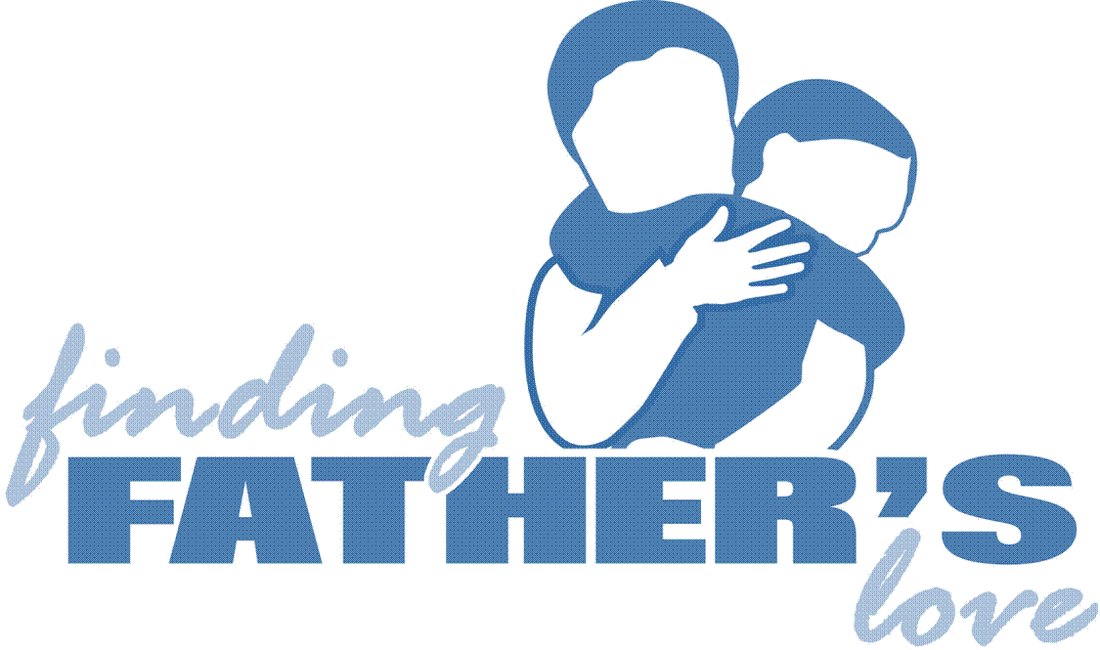
Each of us, at one time or another, has been stung by the careless words of others when we were already feeling emotionally overwhelmed due to loss in our lives. Just so we're clear about what is and isn't helpful to say to someone who is going through a difficult time, here is a top ten list of Things You Don't Want to Hear When You're Hurting:
10. Just put it behind you.
9. Pick yourself up by the bootstraps.
8. There are a lot of people who are worse off than you.
7. Time heals all wounds.
6. Worrying about it isn't going to change anything.
5. Stay busy so you don't think about it.
4. Where is your faith?
3. You can't live in the past.
2. What you’ve got to do is pray more.
1. You shouldn’t feel that way.
Throughout my years of ministry, I have heard from countless people whose painful situation was made even worse by the comments of others from their church.
- A woman whose husband, out of the blue, served her with divorce papers was "encouraged" by several church friends, "You'll find someone new."
- A couple who experienced the miscarriage of their child was "comforted" with the words, "It was for the best."
- A man whose depression caused him to try to take his own life was advised by his pastor that he needed more faith since depression is, after all, "a spiritual weakness."
- A woman whose grandparents were killed in a car accident who was told by several people at the couple's wake, "Wasn't it wonderful they could go together?"
- A child whose dad passed away was "consoled" with, "God needed him more than you do."
All are comments that served only to cause greater hurt.
It can also be hurtful to tell someone, "I know how you feel" when you don't. Unless you've experienced a miscarriage you can't know what that feels like. If you haven't personally lived with clinical depression you cannot begin to relate to the hopelessness of that situation. Just because your grandfather died doesn't mean you know what it's like to grieve the loss of a spouse.
The first thing we must understand when we reach out to those who are grieving--whether they're grieving the loss of a loved one, a marriage, a job, their health, their childhood--is that grief cannot be fixed, it needs to be expressed.
When encountering someone who is hurting, it is helpful to ask questions that are open-ended, which allow him or her to express their pain. Questions such as:
- "How are you coping?"
- “What do you find is the most difficult thing about this to deal with?”
- "How can I pray for you?
Such questions invite them to share their pain with you. It is also helpful to say things like:
- “I am so sorry for your loss.”
- ”I want you to know that I care about you.”
- “Please let me know how I can help.
Recently, a friend told me how meaningful he found the words I spoke to him years before at his father's wake. I couldn't recall my profound words of comfort, but, pridefully, I thought they must have been incredibly spiritual to make such an impression. He said, "You hugged me, pulled my head next to your mouth and whispered, 'This really sucks.'"
Granted, you won't find those words overlaid on a picture of an open Bible on the cover of a sympathy card, but they met a need with my friend. He explained, "I was so sick of people quoting Scripture and telling me they'd pray for me. I needed someone to feel what I felt."
While we often struggle to find the words to say to someone who has experienced significant loss, many hurting people will tell you that, often, it is best not to say anything at all. Hold their hands. Hug them. Cry with them. But, most of all, listen to them, We help others through the grieving process only when we allow them to express their pain.



 RSS Feed
RSS Feed